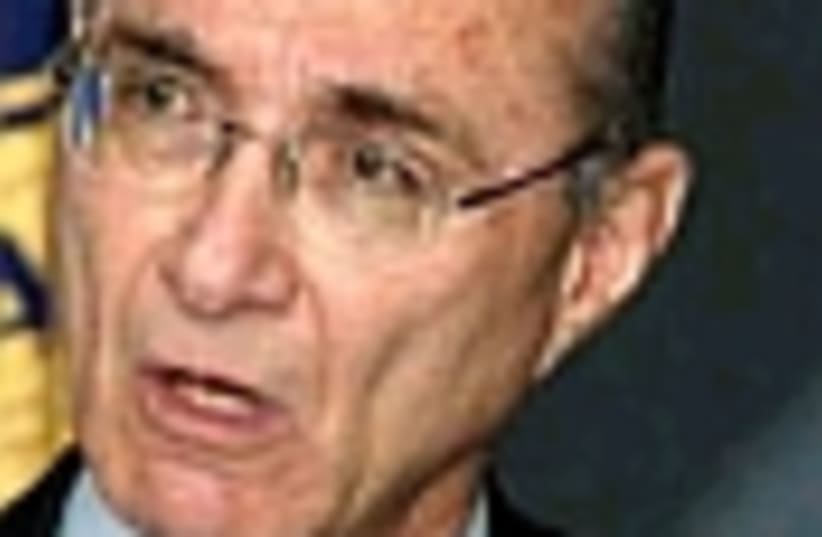| More about: | Uzi Landau, Yisrael Beiteinu, Benjamin Netanyahu, Ariel Sharon |
Landau weighs right-wing alliance
Proposed alliance may include Likud, NRP, National Union, Yisrael Beiteinu.


| More about: | Uzi Landau, Yisrael Beiteinu, Benjamin Netanyahu, Ariel Sharon |